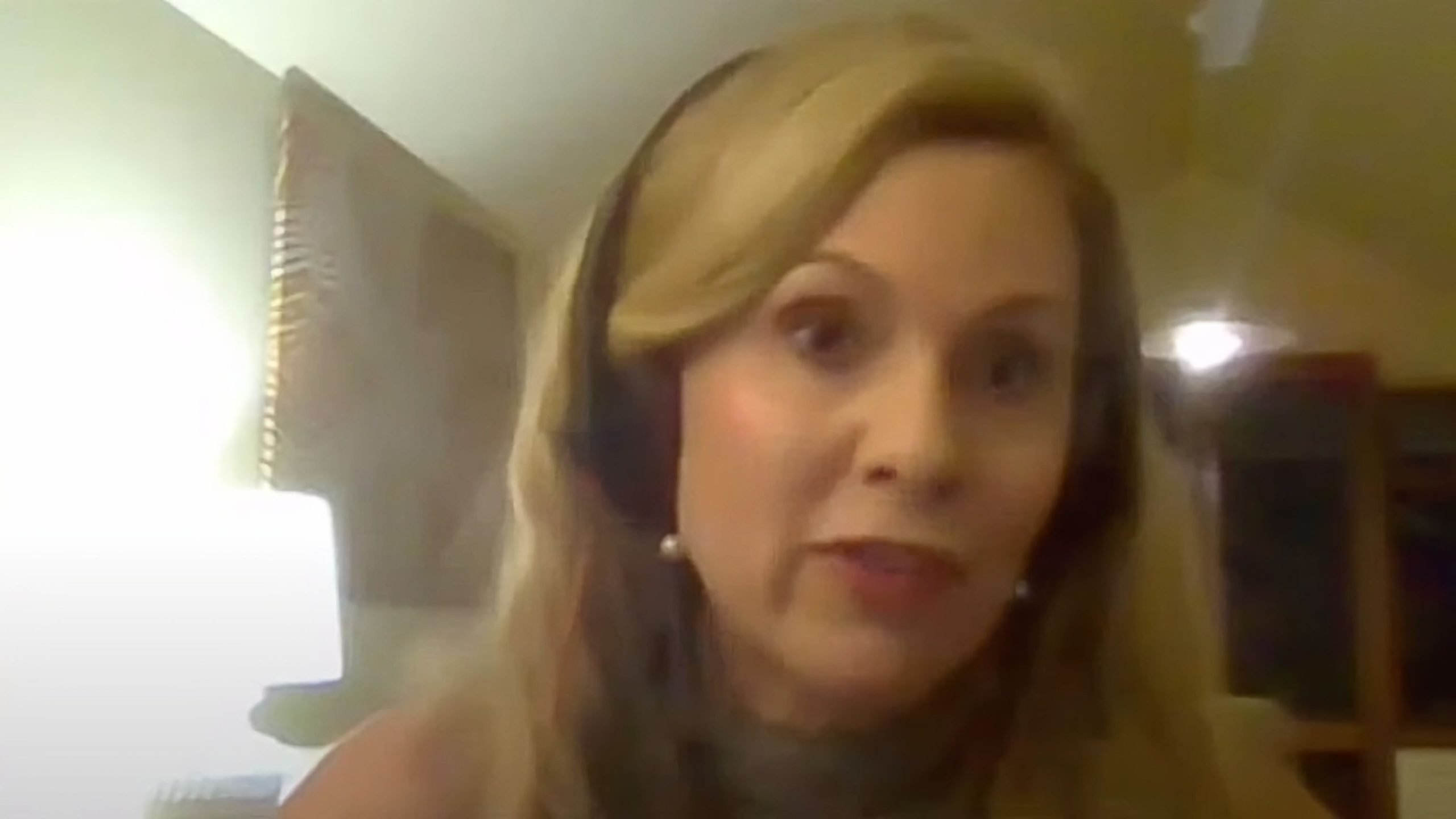Australia’s eSafety commissioner and the country’s “chief censor,” Julie Inman Grant, just lost a court case where the way the office reports supposed “harmful content” to social platforms was found to be flawed.
Yet, eSafety is trying to achieve more of the same – urging citizens to report “hateful” and “harmful” content in greater amounts.
The Administrative Review Tribunal ruled that eSafety going through an X portal meant to be used by governments to have a post removed – even though the office’s own criteria for removal was not satisfied – and then calling the notice “informal” – would not be enough to censor social media users.
One of the points a judge made was that eSafety, despite claims to the contrary, was not referring to the platform’s own rules but coming at a post it disliked from its official role – however, with accusations it could not formally substantiate.
Nevertheless, Australians are now urged to report more content – and make sure to do that by citing platforms’ own terms of service (yet a government regulator like eSafety will probably find it more difficult to keep creating and using the “informal notice” loophole, going forward.)
The eSafety article cites its own research into online abuse (based on race, religion, sexual orientation, gender, etc.) to conclude that many adults are on the receiving end of that abuse, “but most still choose to ignore it rather than take any action.”
Users are first advised to block and report what they perceive as abuse to a platform, and then Grant decides to get vague.
“Some online hate may meet the threshold for adult cyber abuse, which is material intended to cause serious harm to an individual,” she is quoted as saying, and invites people to file reports with eSafety, noting, “We have powers to get such material removed.”
But – do you?
The recent ruling clearly indicates that if eSafety uses the channel the likes of X have set up for governments – even as it refers to these companies’ own policy – those takedown notices count as official, and can be appealed in court – which eSafety seems to be trying very hard to avoid.










